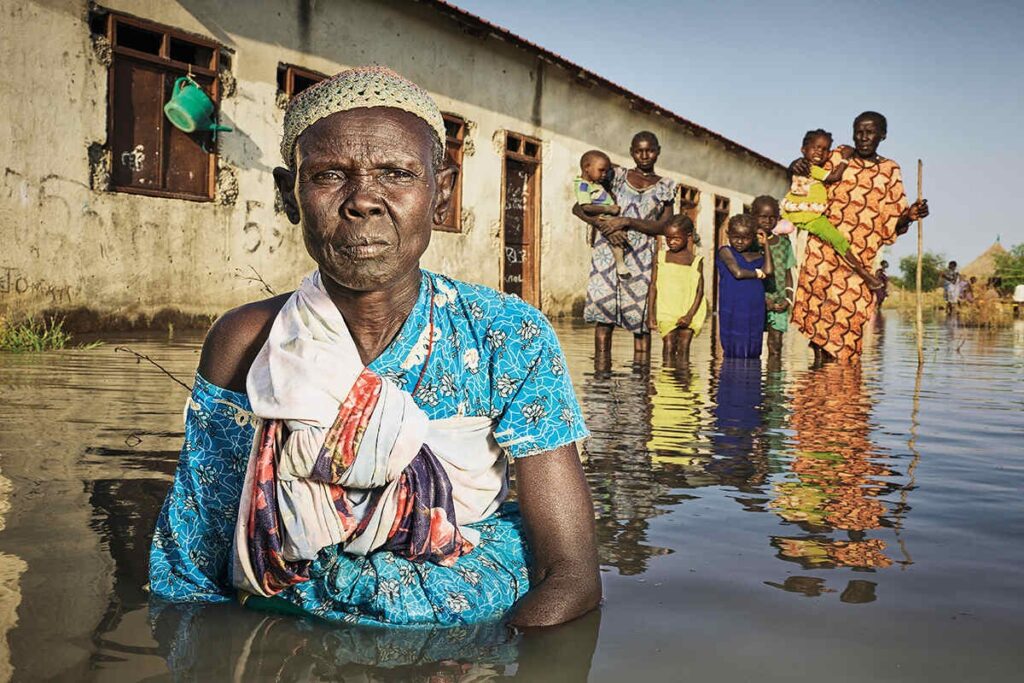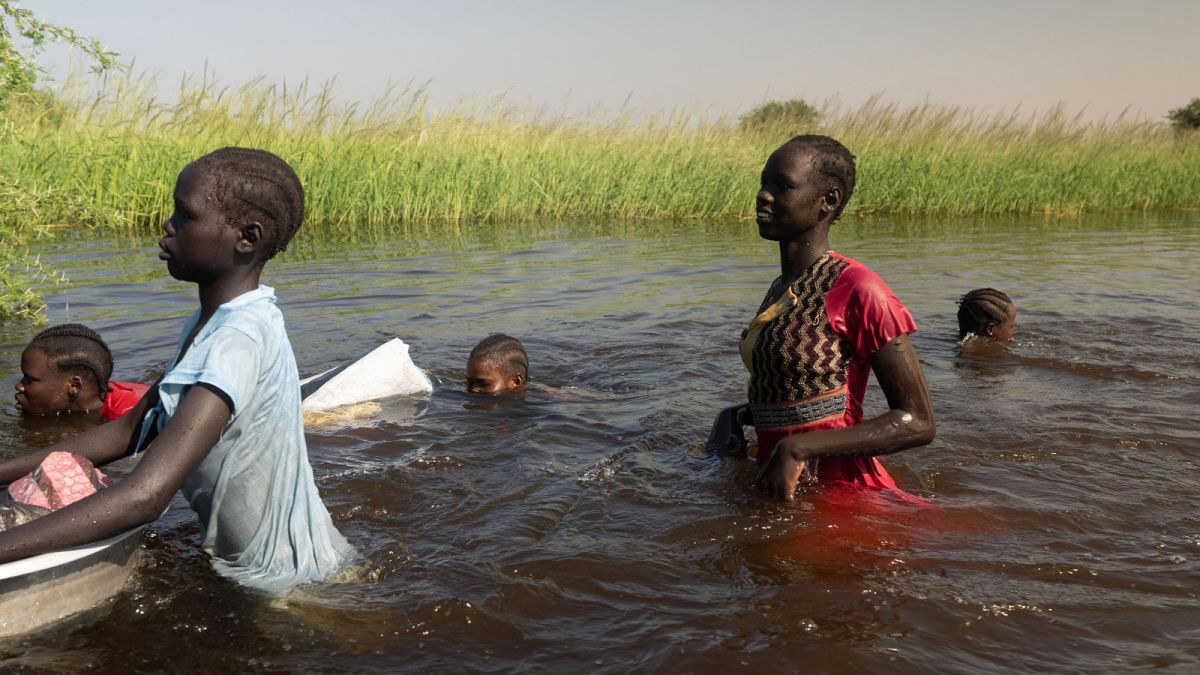Food & Climate
The Government of South Sudan, the Food and Agriculture Organization of the United Nations (FAO) and the World Bank have stepped up efforts to help smallholder farmers in South Sudan build climate resilience in the face of recurring floods and other extreme weather-related hazards, according to press release “Food & Climate” platform received today.
A $30 million contribution from the World Bank – a grant through its International Development Association – aims to support good agricultural practices, agroforestry and natural resource management skills of farmers, fisherfolks and livestock herders.
It will help to adapt climate-smart technologies to enhance agricultural production, including rainfed rice cultivation in flood-affected areas; reduce deforestation through the introduction of fuel-efficient ovens; support the livestock sector and animal health through surveillance, reporting and diagnostics; provide post-harvest support for fish processing and handling; and provide disaster risk management equipment for early warning.

The three-year project aims to benefit more than 140 000 households including over 98 000 households affected by floods in host communities, 40 000 returnees and 5 000 refugees.
It will be implemented by FAO and the Ministry of Agriculture and Food Security in a hybrid implementation arrangement that gradually builds national capacity for project management.
The project will also provide seeds, pesticides, fertilizers and other agricultural inputs and tools required to reduce the adverse effects of climate variability and allow for sufficient crops to be harvested.
South Sudan is one of the most climate-vulnerable countries.
The country has suffered from climate change shocks with excessive flooding for four consecutive years that destroyed livelihoods and increased food insecurity. The next flooding is predicted to peak in September 2024 and could impact between 600 000 and 3.3 million people.
“This contribution is crucial to boost smallholder farmers’ resilience to increasing climate shocks and to minimize damage to their crops, livestock and source of livelihoods. We need to act before extreme events happen, rather than responding to disasters after they occur. Agriculture is particularly vulnerable to these climate shocks, and where 90 percent of the population are relying on farming, herding and fishing for their livelihoods, investing in safeguarding crops, livestock and inputs is of utmost importance,” said FAO Deputy Director-General Beth Bechdol.
In South Sudan, more than 7 million people are estimated to experience high levels of acute food insecurity from April to July 2024 (IPC Phase 3 and above), with 79 000 likely to face Catastrophe levels of acute food insecurity (IPC Phase 5). In light of the already dire food security situation in the country, the effects of excessive flooding combined with influx of returnees and refugees fleeing the war in Sudan, will put people at greater risk of famine and destitution.

